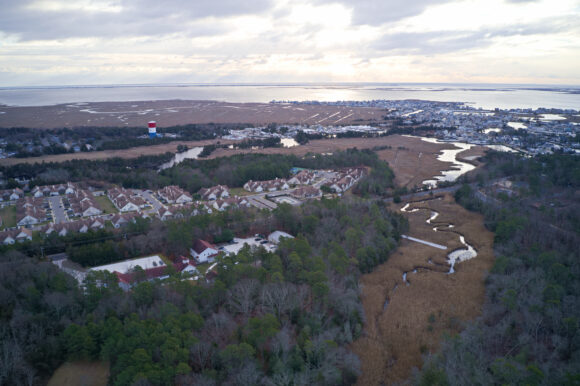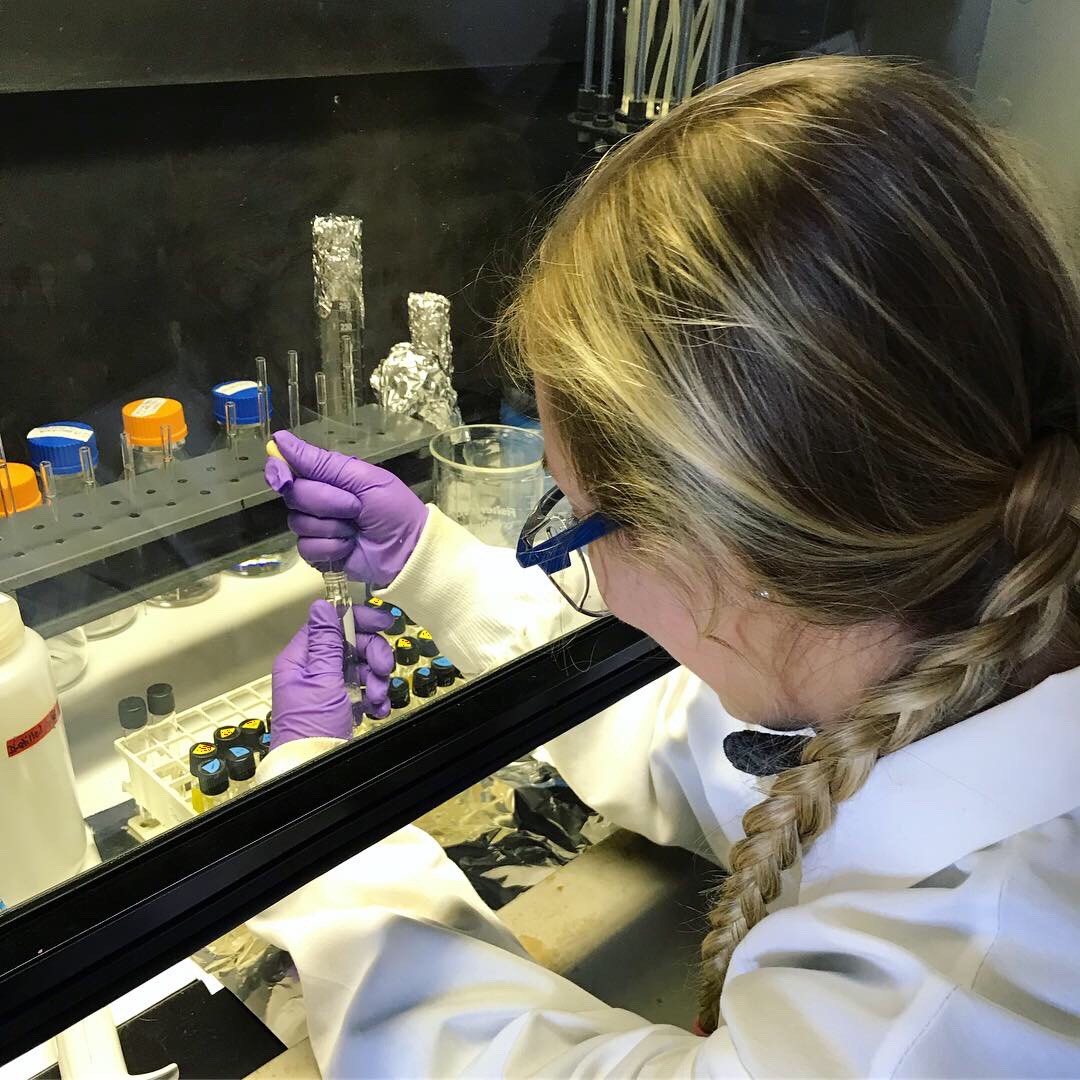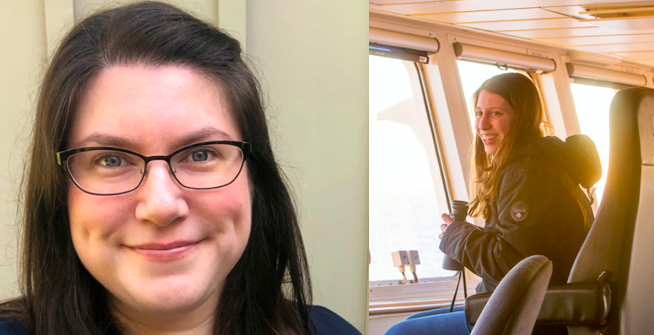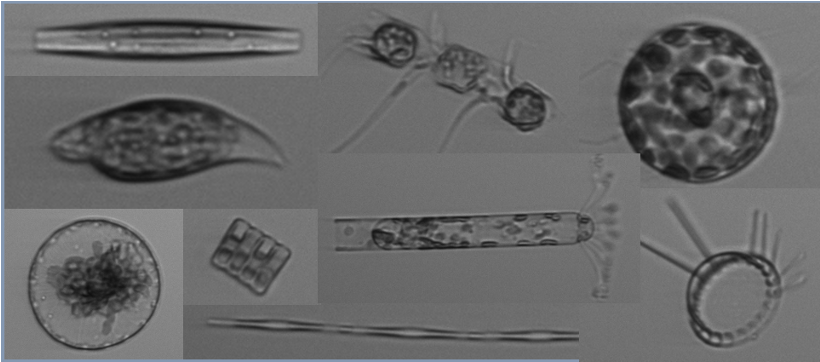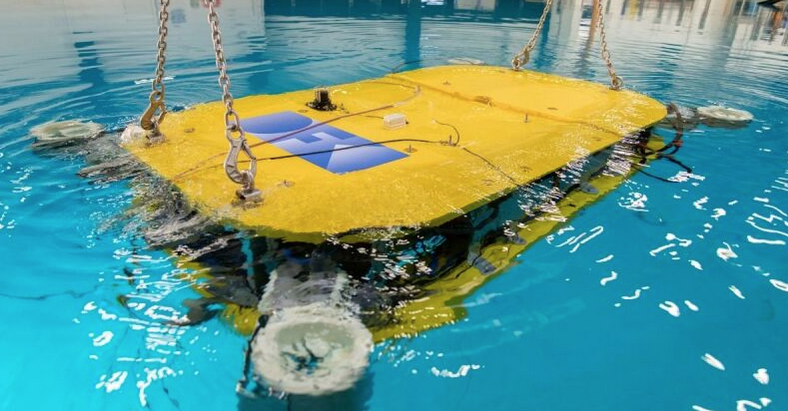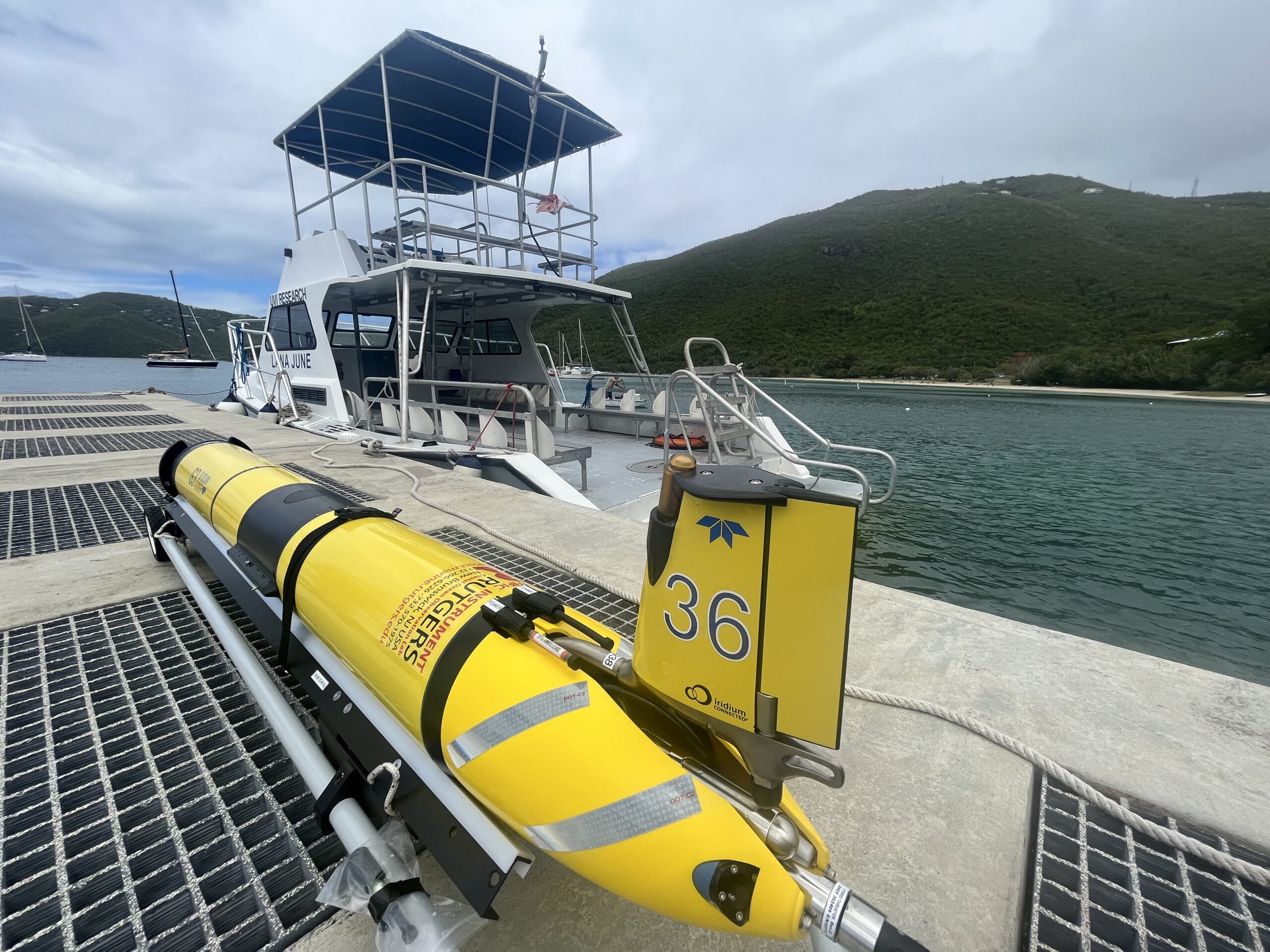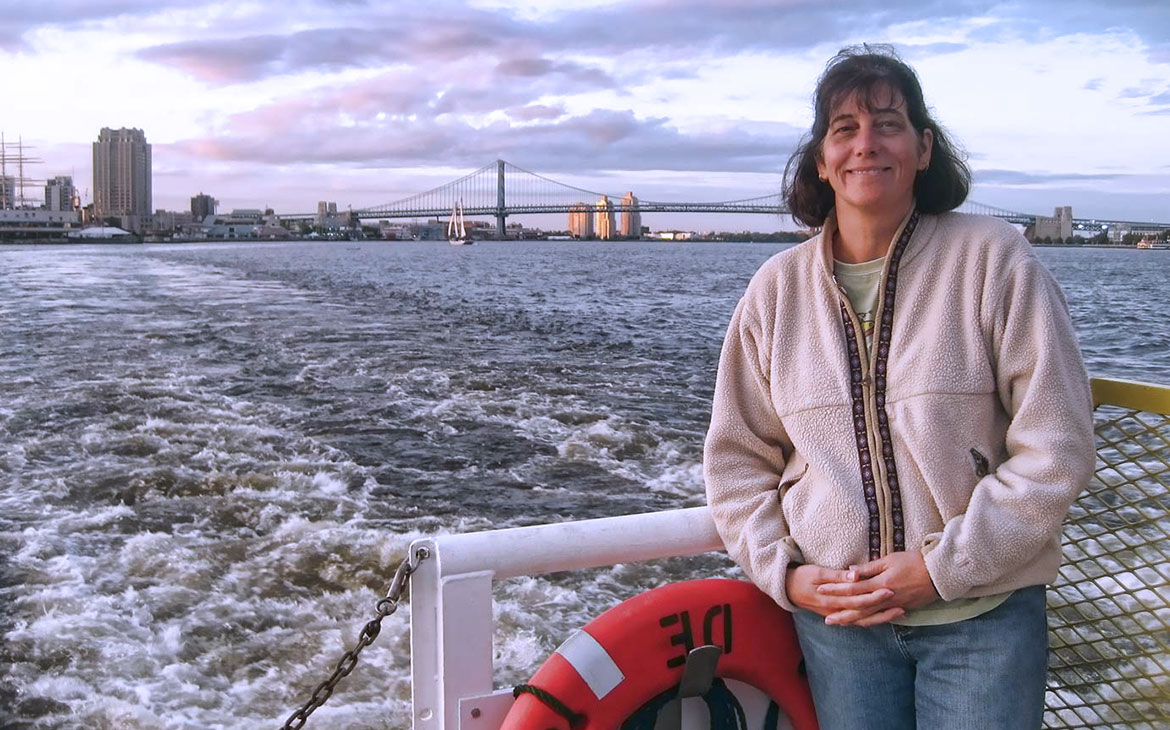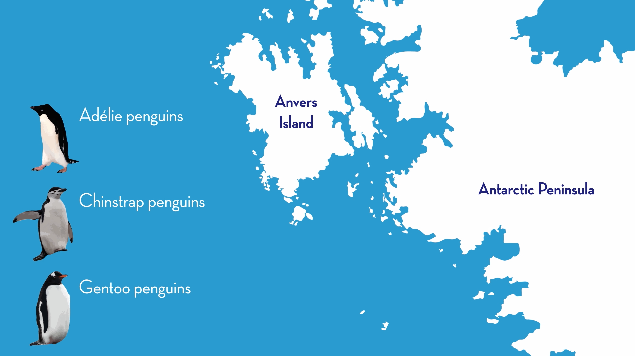JCNERR and Rutgers Aid in Collaborative Research Consortium Project to Manage the Barnegat and Great Bays
The Jacques Cousteau National Estuarine Research Reserve (JCNERR) and several partners were awarded a grant to implement the newly-established New Jersey Consortium for Resilient Communities. JCNERR is managed by Rutgers…

